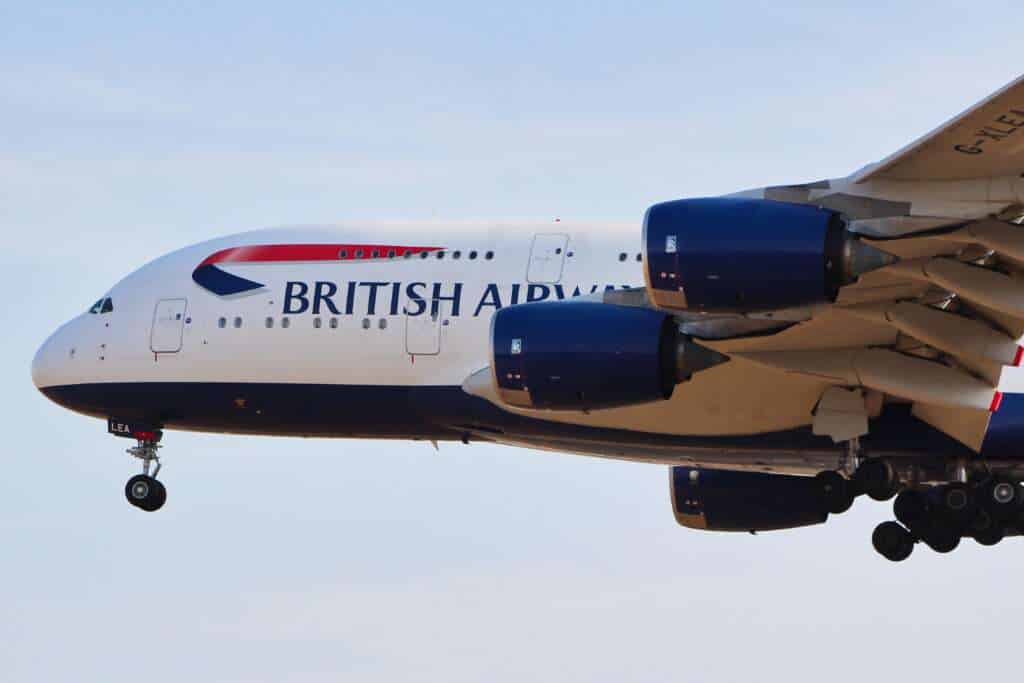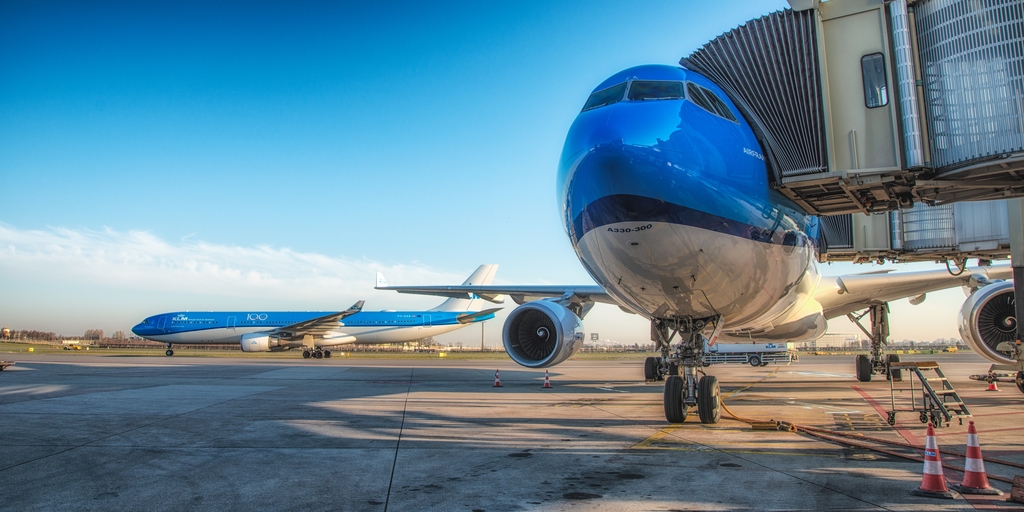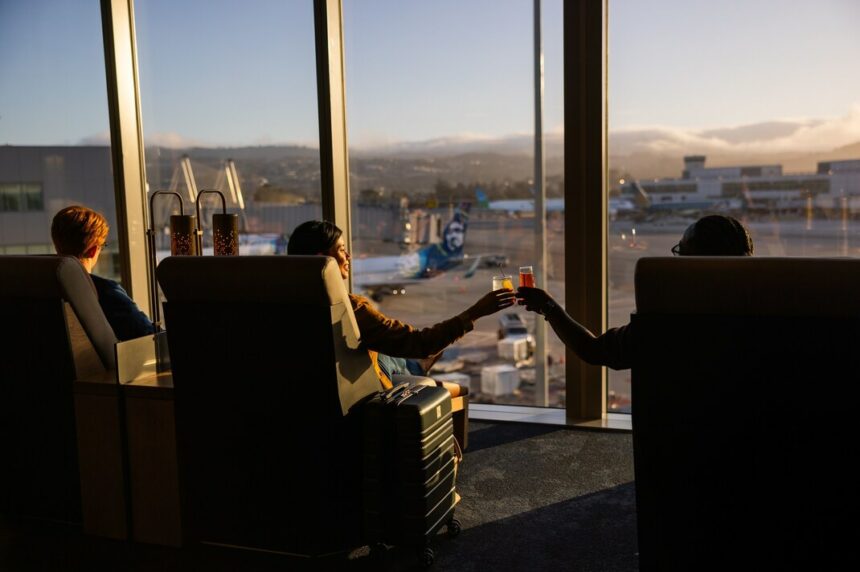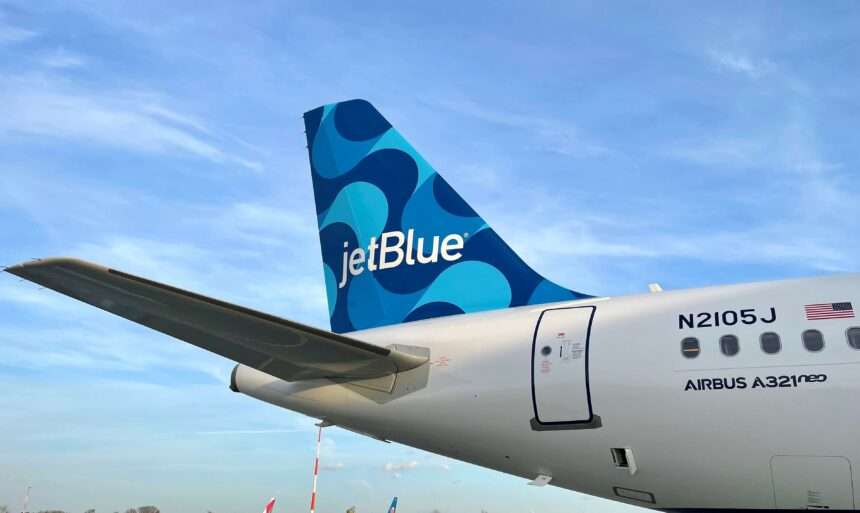British Airways (BA) may not be celebrating its golden anniversary with fanfare, but its five-decade history, celebrated on March 31 reflects a fascinating journey through the evolution of commercial aviation. What’s next for the airline?
From its 1974 birth from a merger to its current status as a global giant, BA’s story is one of innovation, adaptation, and enduring British spirit.
Without further ado, let’s get into it…
The Roots of British Airways…
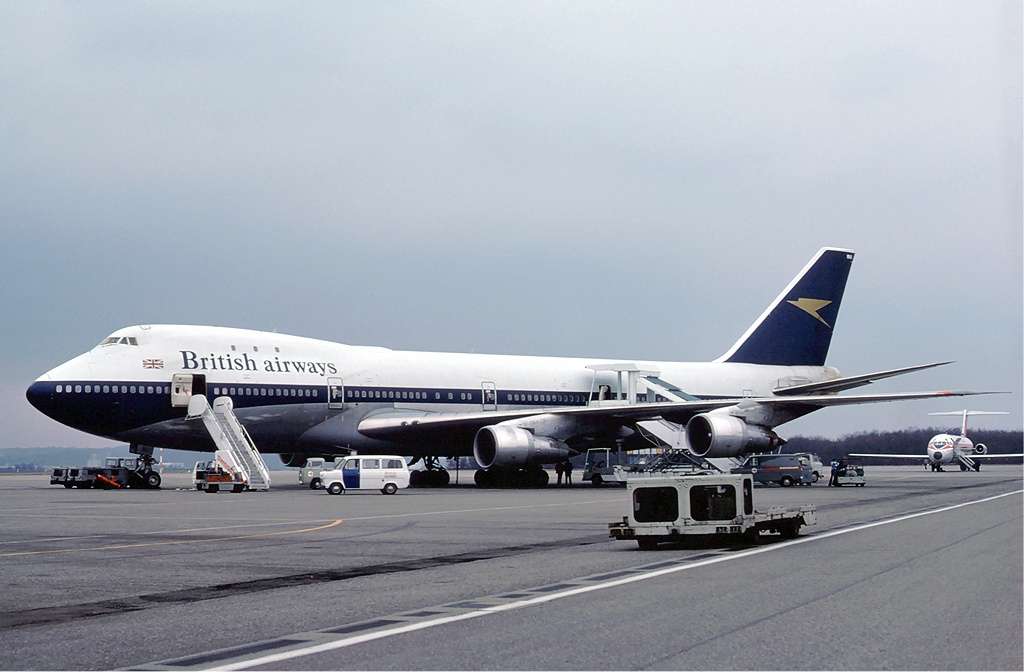
British Airways ‘s roots trace back to the pre-war era, with two key players:
British Overseas Airways Corporation (BOAC) and British European Airways (BEA). BOAC, formed in 1939, handled long-haul routes, while BEA, established in 1946, catered to European destinations.
As aviation boomed post-war, the idea of a unified national carrier gained traction.
The 1970s ushered in a new era – on April 1st, 1974, BOAC, BEA, Cambrian Airways, and Northeast Airlines merged to form British Airways.
The fledgling British Airways inherited a rich legacy.
BOAC boasted pioneering achievements like operating the world’s first pure jet services with the De Havilland Comet in the 1950s.
BEA, meanwhile, excelled in short-haul travel with the revolutionary Vickers Viscount turboprop.
However, merging these contrasting operational styles proved challenging.
Turbulence & Challenges in the 70s & 80s…
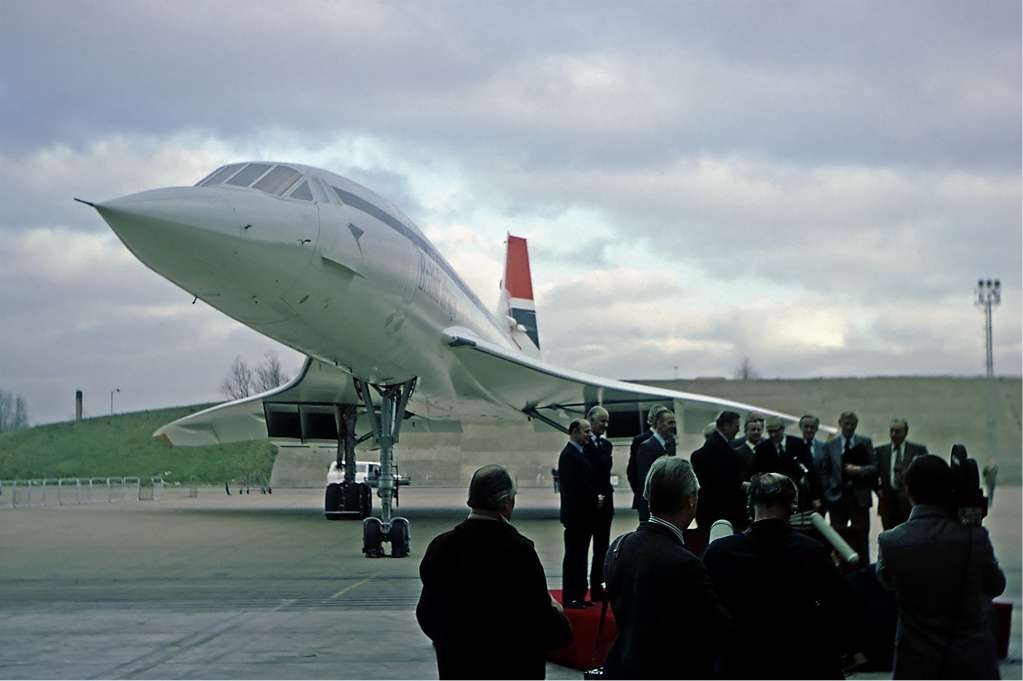
The 1970s and 80s saw British Airways navigate economic turbulence and define its brand identity.
The supersonic marvel, Concorde, became a symbol of British technological prowess, though ultimately an expensive one.
British Airways also embraced the era’s jet-set glamour, with its distinctive livery – the blue and red tailfin, nicknamed the “World Tails,” becoming instantly recognizable.
Privatization in 1987 marked a turning point. BA shed its state-owned status and entered a new era of competition.
The airline focused on route expansion, customer service improvements, and fleet modernization.
The 1990s saw the introduction of new aircraft like the Boeing 777, further extending BA’s global reach.
The 21st century brought fresh challenges. Security concerns post-9/11 and economic downturns impacted the industry.
British Airways, however, continued to adapt. The airline joined the International Airlines Group (IAG) in 2011, forming a powerful alliance with other carriers like Iberia.
What’s Next for The Airline?

Today, British Airways stands as a major player in a fiercely competitive landscape, but more work is needed.
Challenges remain – budget airlines and economic fluctuations require constant strategizing.
On top of this, the airline has embarked on a substantial £7bn investment journey aimed at revolutionizing it’s operations.
This includes a new website and app, as well as other aspects that will be revealed over the next few years.
Looking back, British Airways’ 50 years represent a remarkable journey.
From the pioneering spirit of BOAC and BEA to the challenges and triumphs of the modern era, the airline has embodied the evolution of commercial flight.
While BA might not be clanging cymbals for its anniversary, its enduring presence as a global connector speaks volumes about its rich history and its role in shaping the world we travel today.

Click the banner to subscribe to our weekly newsleter.

Click the photo to join our WhatsApp channel so then you can stay up to date with everything going on in the aviation industry!





